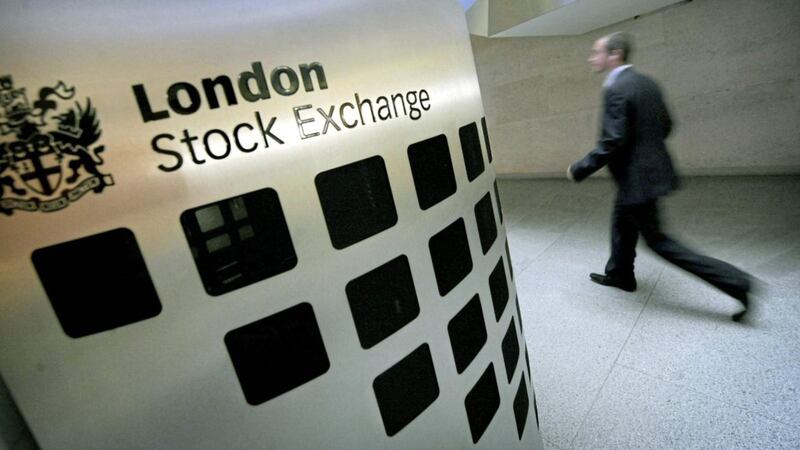TIME was that the London Stock Exchange was one of the most prestigious markets in the world. Fifteen years ago, a fifth of all companies globally that went public via a placing, chose to do so on the LSE.
Sadly this is no longer the case, and now London’s share of Initial Public Offerings (IPOs) on a global basis has plummeted to 4 per cent and the number of companies listed on it has fallen by 40 per cent since the peak in 2007.
London’s share of the global equity market has declined steadily since the global financial crisis and the market that remains has underperformed markedly.
The reasons for such under-performance are varied, but the main factors include Brexit-induced political and currency risk.
There has also been a flurry of foreign and private takeover bids spawned by the undervaluation of UK equities, which has also resulted in a fall in British listed firms in the public market.
Unfortunately, the decline in IPOs in recent years has meant that the UK stock market now seems to be backward looking: the FTSE 100 is dominated by miners, energy firms and banks with relatively little in technology firms.
The comparisons are stark: the FTSE 100 has less than 2 per cent in technology firms, whereas the S&P 500 has 39 per cent. The situation is something of a vicious circle: the lower valuations attainable on the London Stock Exchange do little to attract new companies as they may be able to choose to list where they can sell their shares for more cash.
It has also come to light recently that there are plans for reducing the number of small companies on the LSE. The Financial Conduct Authority has proposed increasing the minimum market capitalisation of businesses listing on the stock exchange from £700,000 to £50 million.
They suggest that smaller companies are better suited to the Alternative Investment Market (AIM). Such proposals could be a deterrent to companies listing in London.
Another issue is that the City’s regulatory environment is less friendly to tech founders who are seeking to float their company but retain voting control or avoid forcing early backers to sell large proportions of their shares.
The perception is that London is a little hostile to tech and fintech companies and that there is a better depth of analysts in New York who understand these sectors. Correct or not, this is unlikely to encourage a larger number of such companies to embrace the London Stock Exchange.
We have seen a move towards reducing the proportion of portfolios held in UK equities, both on an individual level as well as institutional funds.
This matters, because the financial services industry is a very important source of tax revenue for the Treasury and it is also a significant employer.
It is not irreversible, but there needs to be a realisation that the City of London must move with the times in order to encourage entrepreneurs to consider listing here. It has seen massive innovation in the past, so there is good reason to be optimistic.
:: Cathy Dixon is a partner at the Belfast office of Smith & Williamson Investment Management. This article does not constitute a recommendation to buy or sell investments and the value of any shares may fall as well as rise.







